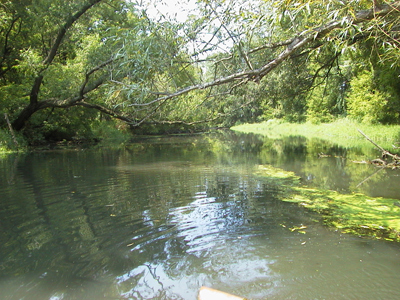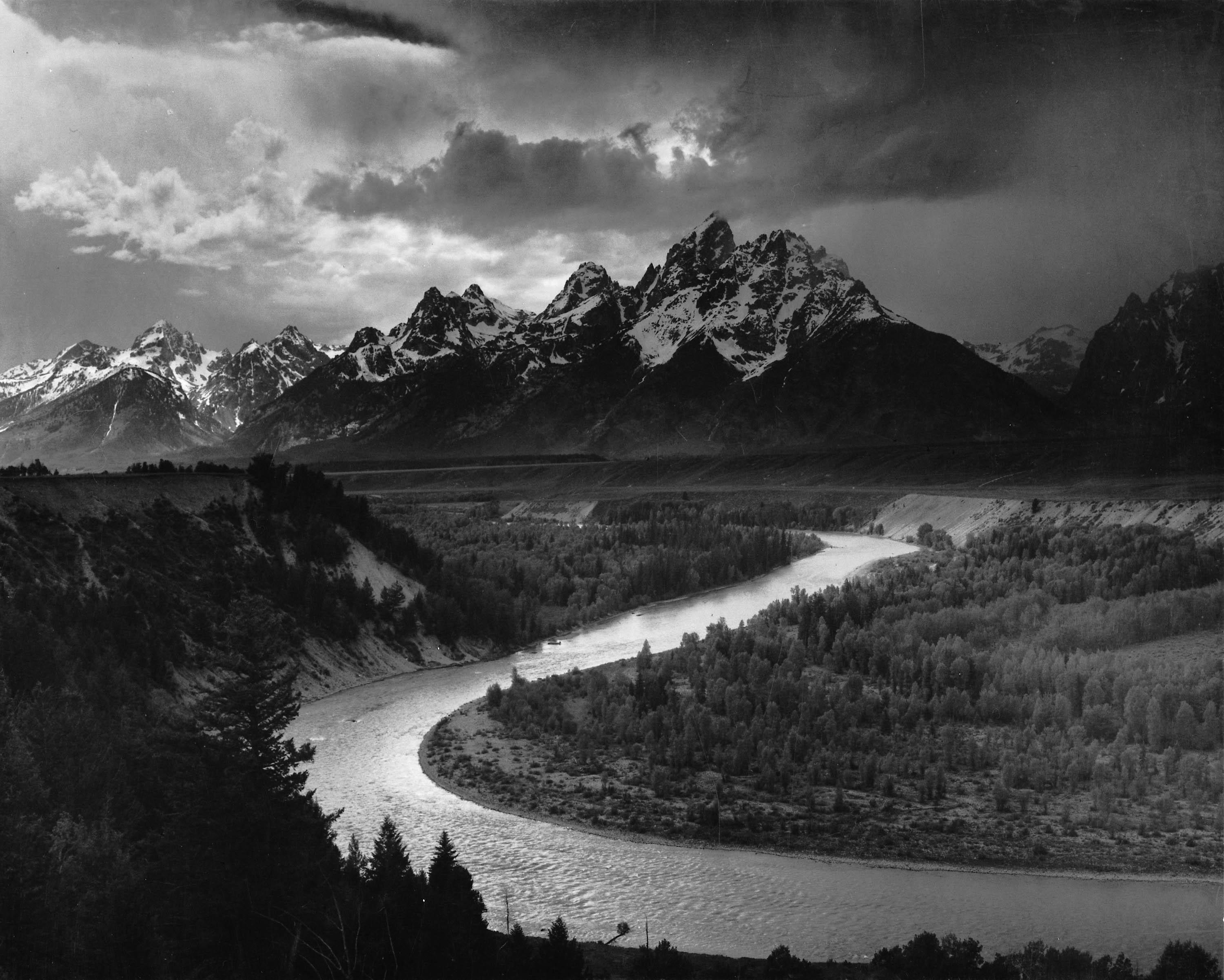1959-1968 Environmental Issues Begin to Appear on the Docket

While the mix of cases does not drastically change from the 1950s, cases aimed at protecting environmental values begin to arise. Attorneys must make creative use of what statutory provisions are available, as the extensive remedies of the major pollution statutes lay in the future.
Roger Marquis is Chief of the Section through most of this period, followed by Billingsley Hill. The work-life of the Appellate attorney is not much different from prior years, although jet travel makes getting to distant arguments easier.
Encouraged by AAG Ramsey Clark, the Lands Division Journal begins publication in 1963, and is typically edited by members of the Appellate Section. Attorney General Robert Kennedy is reportedly impressed by this publication. During this period, male attorneys still wear white shirts and suits to work, and Elizabeth Dudley never comes to work without hat and gloves.
1959
 An Early Water Pollution Victory – The United States invokes the Rivers and Harbors Act of 1899 to enjoin the unpermitted deposit of industrial waste into the Grand Calumet River, but the Seventh Circuit finds the statute inapplicable. Hugh Nugent and Roger Marquis participate in briefing to the Supreme Court, which reverses and finds that industrial waste that clogs a river channel constitutes an obstruction to navigation under the Act. United States v. Republic Steel Corp., 362 U.S. 482 (1959).
An Early Water Pollution Victory – The United States invokes the Rivers and Harbors Act of 1899 to enjoin the unpermitted deposit of industrial waste into the Grand Calumet River, but the Seventh Circuit finds the statute inapplicable. Hugh Nugent and Roger Marquis participate in briefing to the Supreme Court, which reverses and finds that industrial waste that clogs a river channel constitutes an obstruction to navigation under the Act. United States v. Republic Steel Corp., 362 U.S. 482 (1959).1961
1962
1963
 Bolstering Principles of Deference – The Section loses an appeal challenging the Secretary of the Interior's rejection of certain applications for oil and gas leases on land within the Kenai National Moose Range in Alaska. The Section then works with the Office of the Solicitor General to obtain Supreme Court reversal of this decision, and obtains a key precedent requiring courts to give "great deference" to the Secretary's interpretation of statutes and Executive Orders. Udall v. Tallman, 380 U.S. 1 (1965).
Bolstering Principles of Deference – The Section loses an appeal challenging the Secretary of the Interior's rejection of certain applications for oil and gas leases on land within the Kenai National Moose Range in Alaska. The Section then works with the Office of the Solicitor General to obtain Supreme Court reversal of this decision, and obtains a key precedent requiring courts to give "great deference" to the Secretary's interpretation of statutes and Executive Orders. Udall v. Tallman, 380 U.S. 1 (1965).1966
 An Important Ruling on the Navigational Servitude – Roger Marquis and Donald Mileur assist in obtaining Supreme Court review of an adverse Ninth Circuit ruling holding that the United States must pay in condemnation for the value of riparian land as a port site. The Court in United States v. Rands, 389 U.S. 121 (1967), holds that the Government's dominant navigational servitude precludes payment for that special value.
An Important Ruling on the Navigational Servitude – Roger Marquis and Donald Mileur assist in obtaining Supreme Court review of an adverse Ninth Circuit ruling holding that the United States must pay in condemnation for the value of riparian land as a port site. The Court in United States v. Rands, 389 U.S. 121 (1967), holds that the Government's dominant navigational servitude precludes payment for that special value.
The Section Successfully Represents a Wildlife Agency Intervenor – In a Federal Power Commission licensing proceeding for a dam on the Snake River, the Secretary of the Interior is rebuffed in his attempt to raise issues regarding the damaging effects on salmon and steelhead. Bill Hill and Roger Marquis represent the Secretary before the D.C. Circuit, which upholds the Commission, and then in the Supreme Court, which reverses and holds that fishery impacts should have been considered. Udall v. F.P.C., 387 U.S. 428 (1967). This is the first case argued for the Lands Division by Louis Claiborne of the Solicitor General’s Office. Mr. Claiborne goes on to argue many Division cases, and his eloquence in both speech and writing become legendary.
1968

 U.S. Department
of Justice
U.S. Department
of Justice